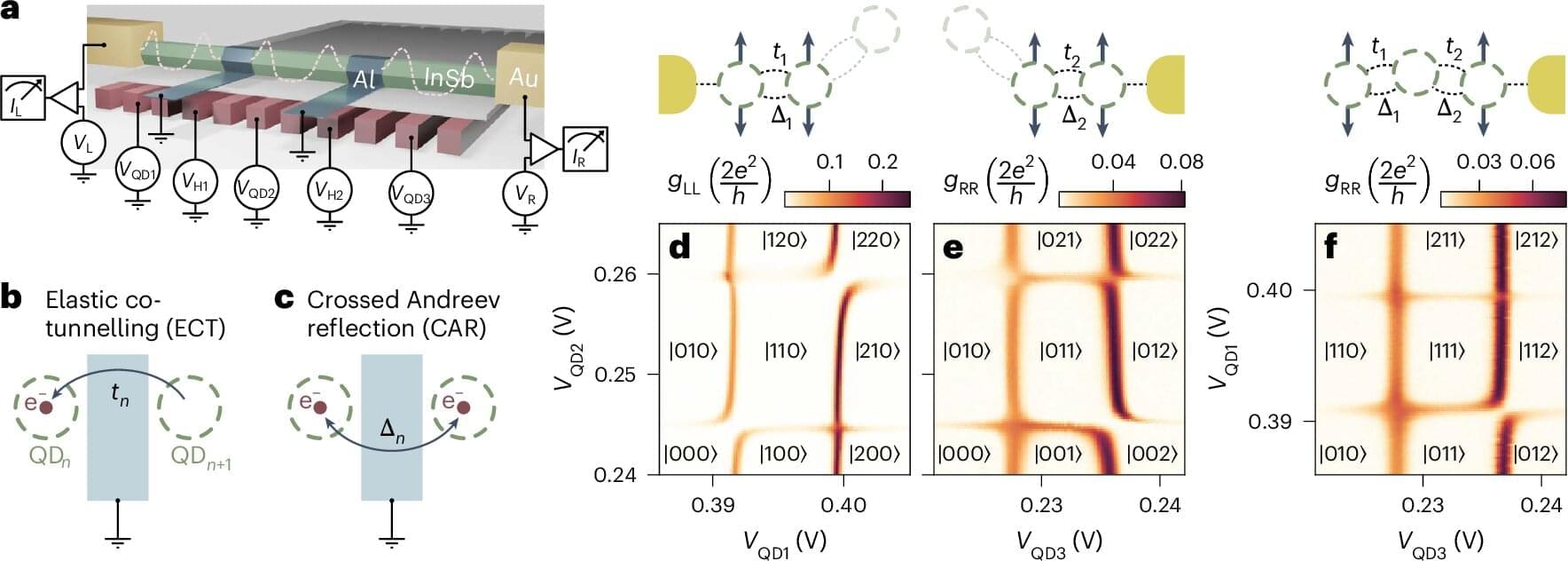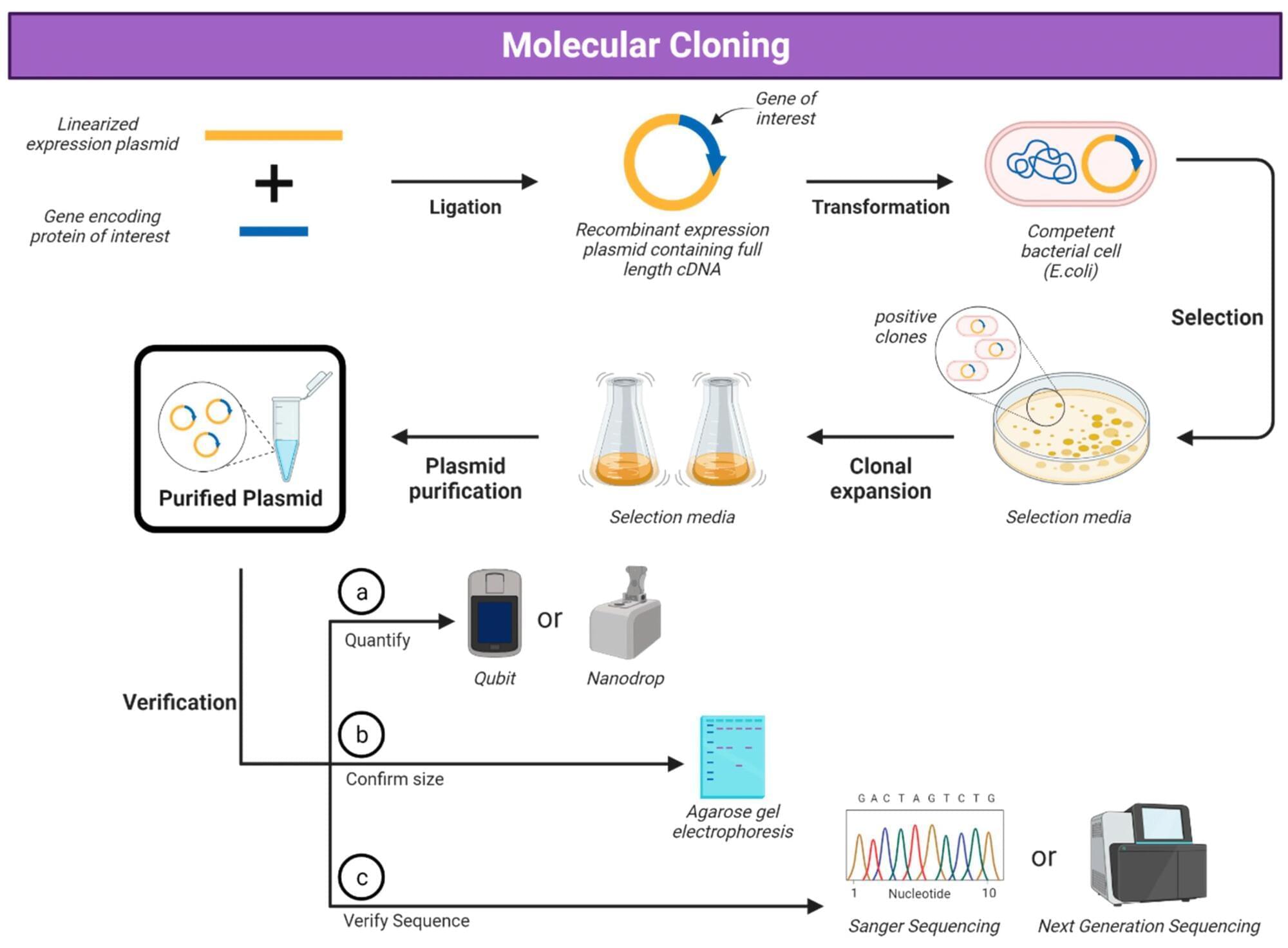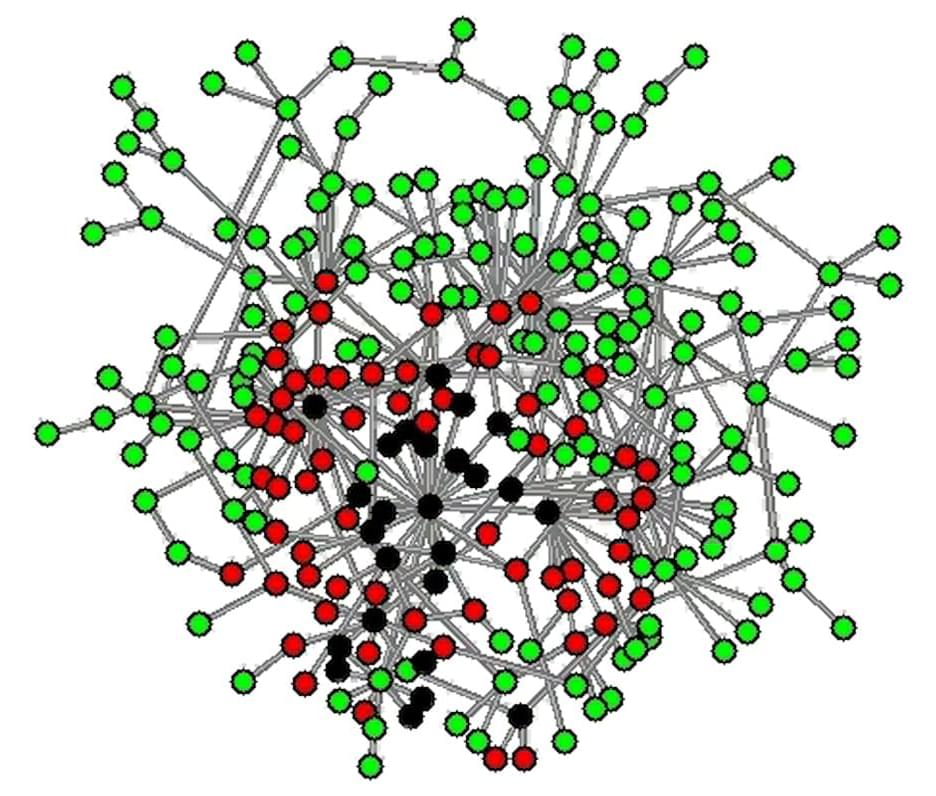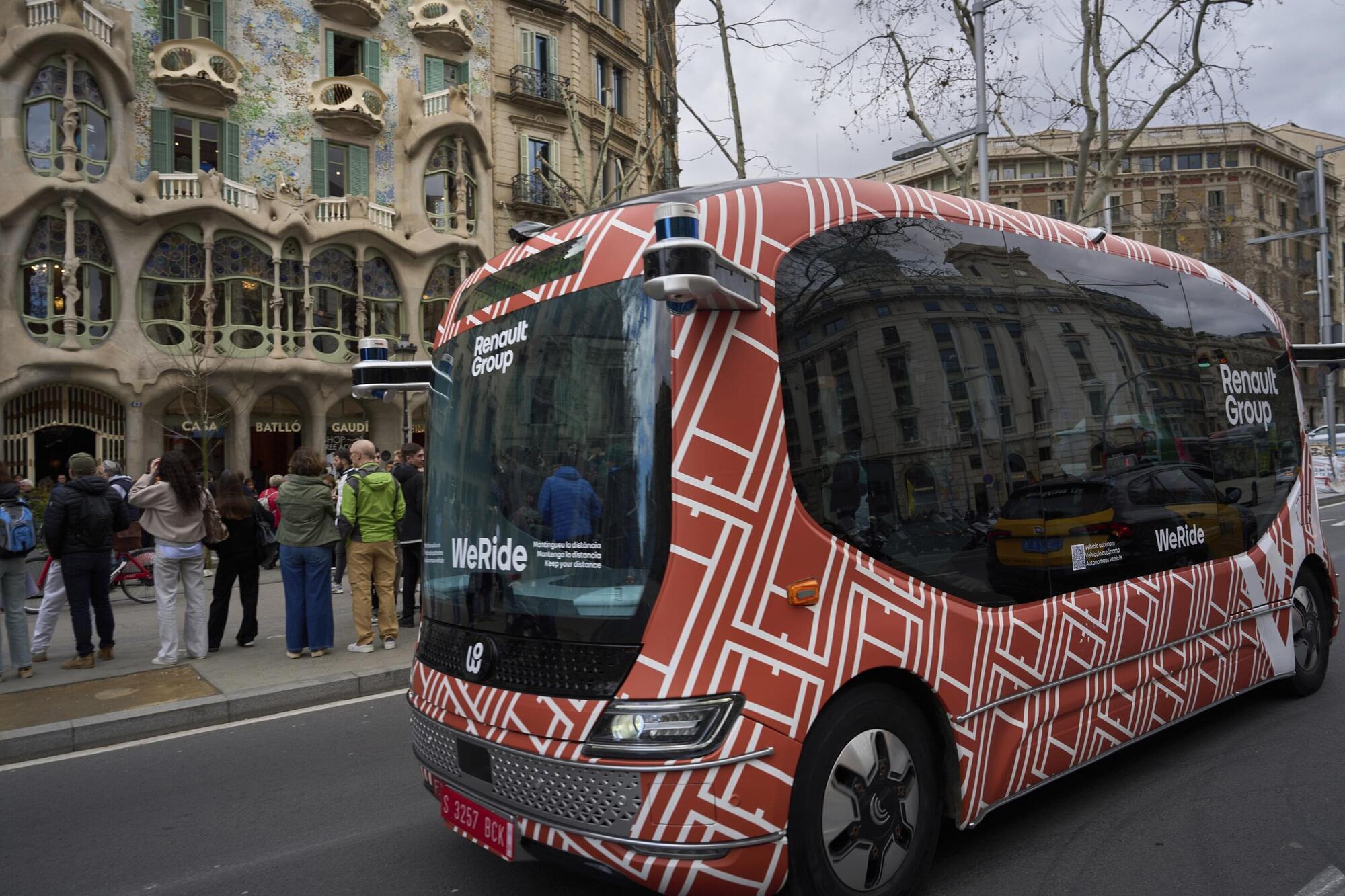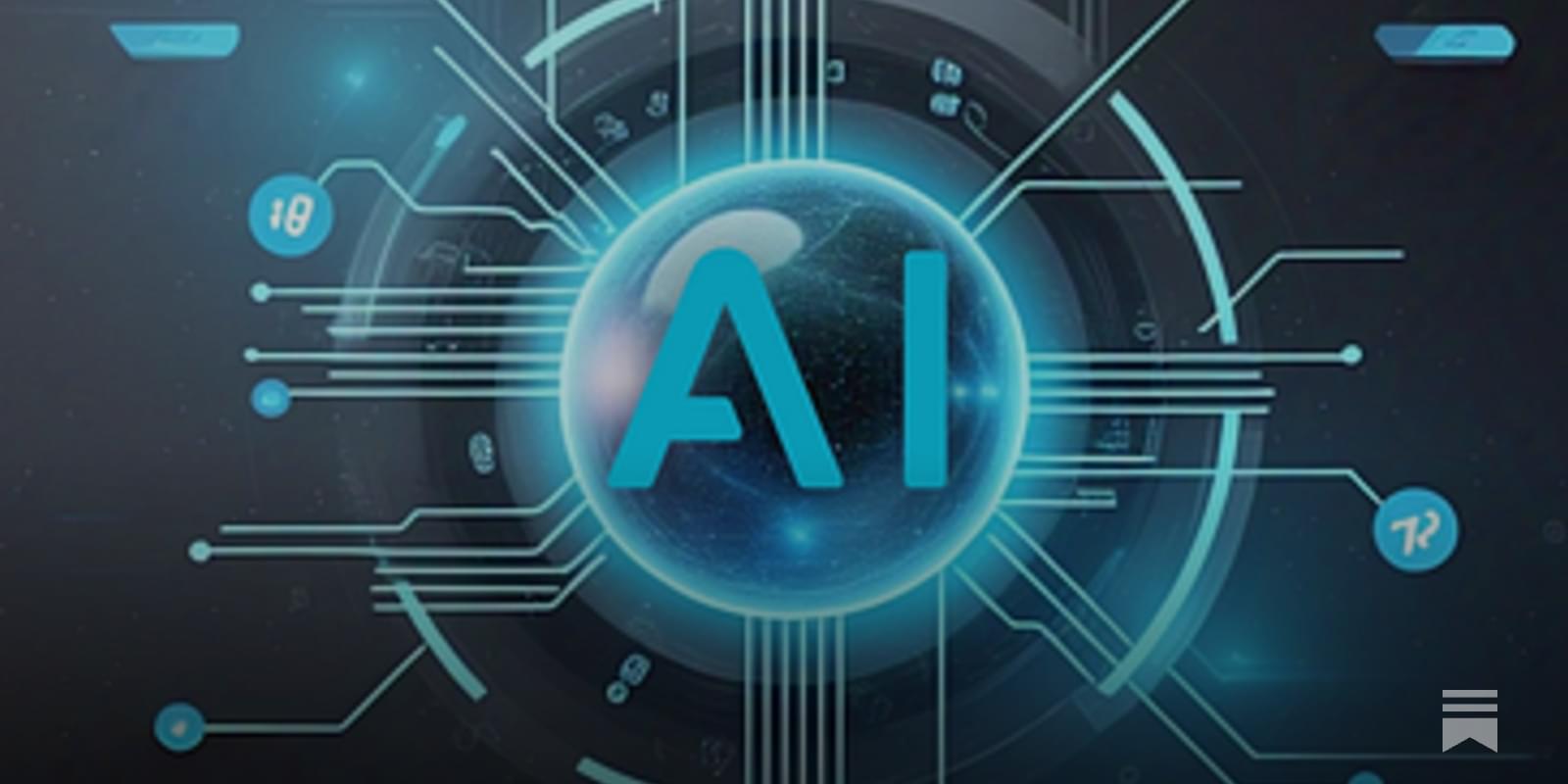A study, “Enhanced Majorana stability in a three-site Kitaev chain,” published in Nature Nanotechnology demonstrates significantly enhanced stability of Majorana zero modes (MZMs) in engineered quantum systems.
This research, conducted by a team from the University of Oxford, Delft University of Technology, Eindhoven University of Technology, and Quantum Machines, represents a major step towards fault-tolerant quantum computing.
Majorana zero modes (MZMs) are exotic quasiparticles that are theoretically immune to environmental disturbances that cause decoherence in conventional qubits. This inherent stability makes them promising candidates for building robust quantum computers. However, achieving sufficiently stable MZMs has been a persistent challenge due to imperfections in traditional materials.
